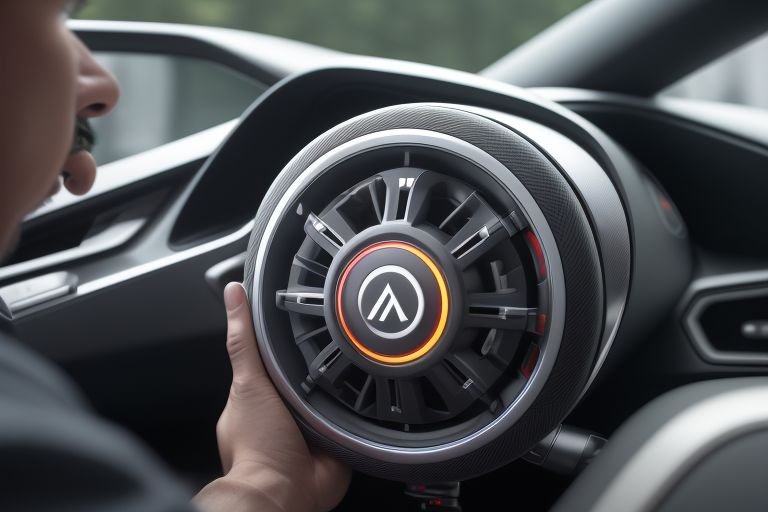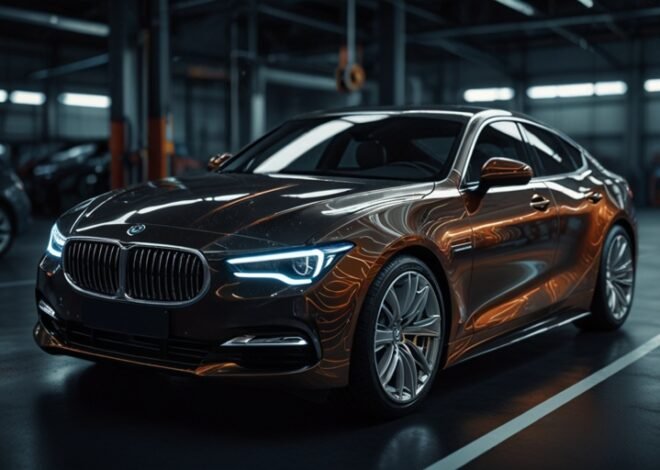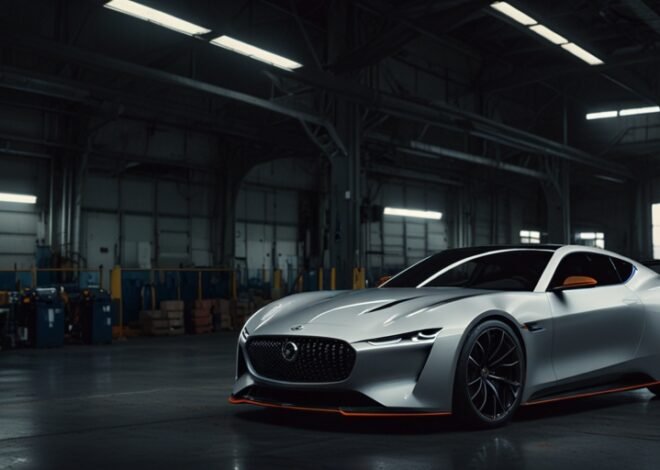
Major Automakers End Production of Internal Combustion Engines by 2030
This is a synchronised action that marks a shift in the automobile industry as some of the biggest car manufacturers in the world announced that they will stop manufacturing ICE cars by 2030. This record-shattering pledge from an auto industry coalition comprising of players like Toyota, Volkswagen, Ford, General Motors, Honda, among others, is a new dawn to the EV revolution.
The plan was unveiled during a virtual global press conference holds a phased approach to transitioning away from ICE vehicles in these manufacturers’ portfolios. From the year 2025, the companies will cut down the new ICE models that they launch in the market dramatically. Competitors; By 2028, they want to cease all research of new ICE platforms as they shift all their research and development in electric and other non-ICE vehicles.
This decision has been informed by the rising global concern on emission of carbon and the effects of climate change. Several countries have already stated their intention to phase out the production of new ICE vehicles within the next 10 years and this measure taken by these automakers is in line with these regulatory ambitions, and the same places these firms at the vanguard of the electric revolution.
The change will involve large capital expenditures for upgrading manufacturing facilities, overhauling the workforce, and constructing new networks for EV components. The automakers have committed to spend more than $300 billion in the next ten years to enable this transition. This entails the emergence of new electric vehicle architectures, improvements in battery systems, and the growth of charging networks.
Some people have welcomed the announcement while others have had a negative reaction towards it. Environmental activists have termed it as a milestone towards combating transport sector emissions while some workers unions have been concerned with loss of employment in the shift. However, the automakers have stressed that moving to the production of electric vehicles will in fact generate new employment and that they are willing to retrain their employees.
Experts are now saying that this particular action will have significant impact on the global automotive supply chain. Manufacturers with business models centered around ICE components will be forced to adapt quickly in order to sustain their business, whereas those targeting EV technologies should have many opportunities ahead of them. The oil industry is also going to be affected as it is predicted that the demand for gasoline is going to drop significantly in the future decades.
It has been seen that the consumers have had mixed reactions to the announcement. While many appreciate the environmental impacts, there is worry on the cost and accessibility of electric automobiles, especially in areas that have little charging stations. These concerns have been tackled by the automakers by assuring the market that they will offer a number of electric cars at different cost levels and by pledging to cooperate with governments and power companies to put up more charging stations.
This unison of most big car manufacturers is expected to further boost the use of electric cars across the globe. Thus, it indicates to consumers, investors and policy makers that the future of personal transport is electric. As these companies move those massive resources and engineering might towards electric automobiles, we will see rapid improvements in range, performance and price.
The internal combustion engine era is finally coming to an end and with it comes a cleaner environment, less reliance on fossil fuel and a new epoch in automobile engineering. Today, as we are approaching the year 2030, the look of roads and cities seems to change drastically as to provide people with new opportunities for sustainable mobility.


